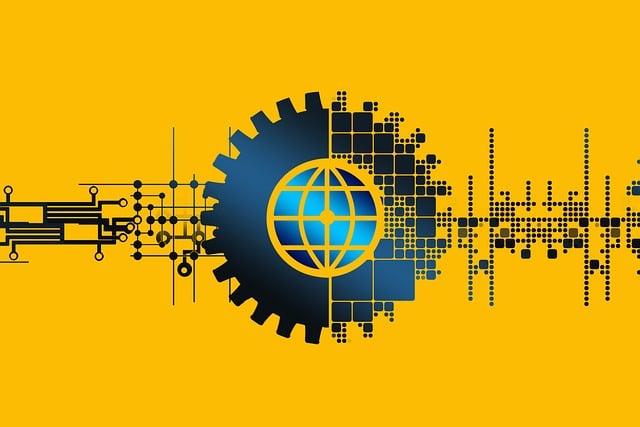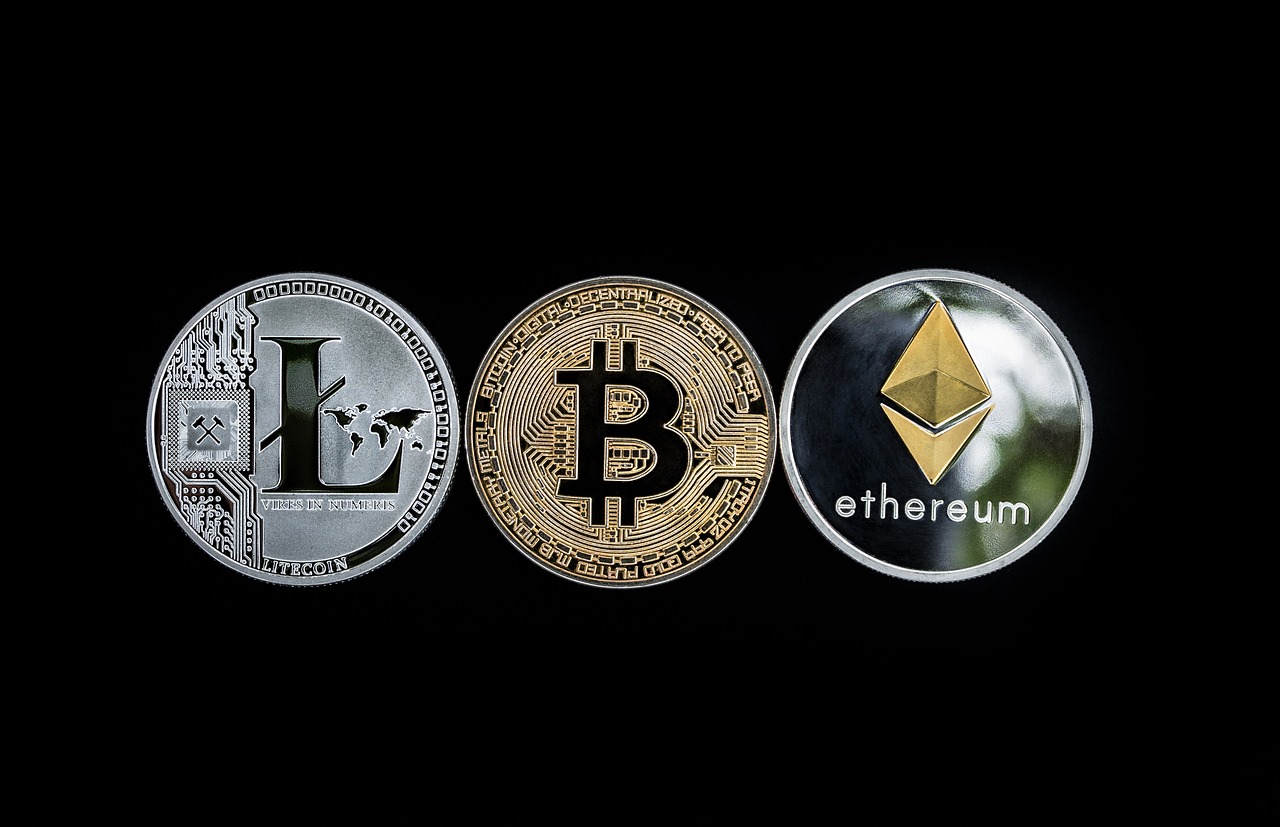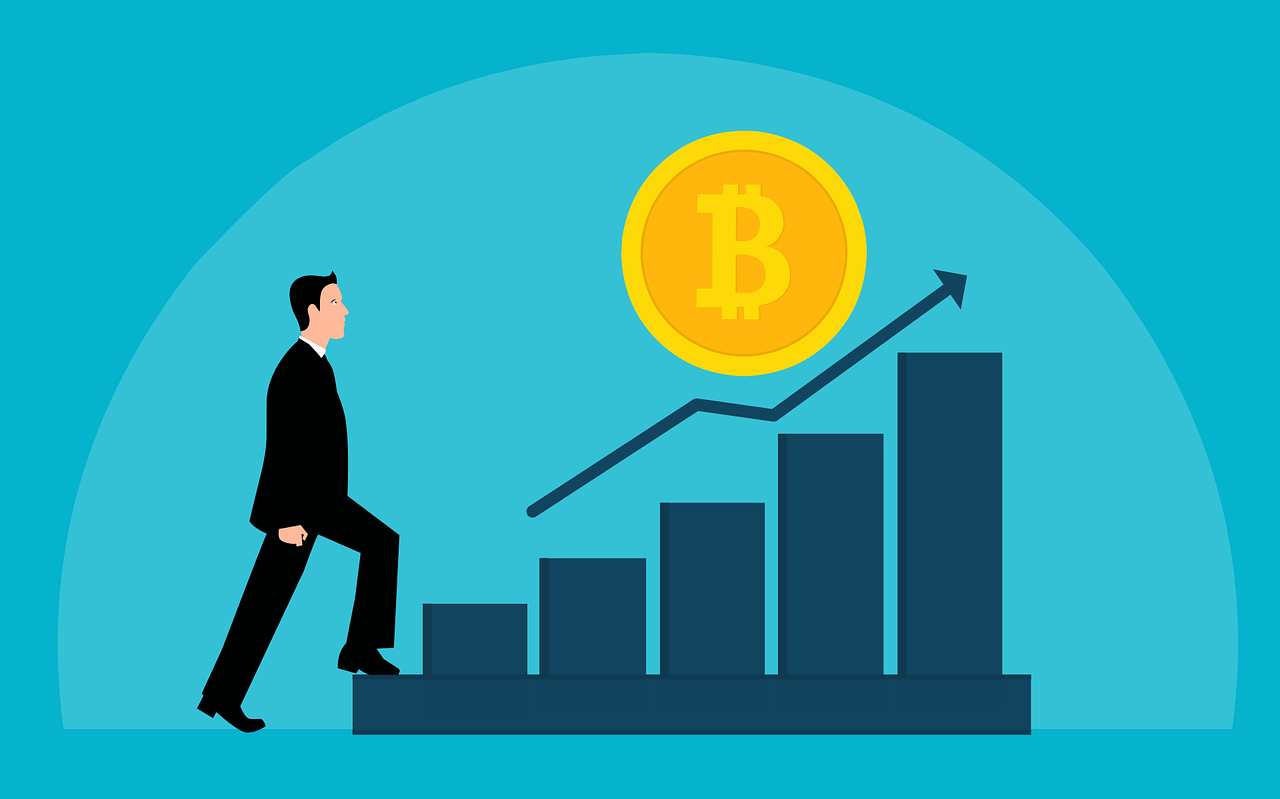Learning Blockchain technology has rapidly become one of the most groundbreaking innovations of the 21st century. Originally devised for the digital currency Bitcoin, the tech community quickly recognized its potential far beyond cryptocurrencies. Whether you’re an aspiring developer, an entrepreneur, or simply curious about the buzz, understanding blockchain can unlock a world of opportunities.
What is Learning Blockchain?
At its essence, blockchain is a decentralized ledger that records all transactions across a network. This means that instead of a single, centralized database, blockchain records are distributed across multiple computers. Each transaction is stored in a „block,“ and these blocks are linked together to form a „chain.“ This structure ensures security, transparency, and immutability—key reasons why blockchain is seen as revolutionary.
Why Learning Blockchain?
1. High Demand for Blockchain Skills
As industries from finance to supply chain management integrate blockchain technology, the demand for skilled professionals is soaring. Learning blockchain can open doors to numerous career opportunities in tech development, project management, consulting, and more.
2. Innovation and Entrepreneurship
Blockchain technology is ripe for innovation. Entrepreneurs can leverage it to create new business models, improve operational efficiency, and develop decentralized applications (dApps). Understanding blockchain can provide the knowledge foundation necessary to launch a successful startup in this space.
3. Enhanced Security and Transparency
Blockchain’s security features make it a preferred choice for applications requiring high data integrity. By learning how blockchain works, you can contribute to building systems that enhance privacy, prevent fraud, and ensure data authenticity.
How to Get Started with Learning Blockchain
1. Understand the Basics
Before diving into coding, grasping the fundamental concepts is essential:
- Decentralization: The shift from a central point of control to a distributed network.
- Cryptography: The method of protecting information through encryption.
- Consensus Mechanisms: Techniques like Proof of Work (PoW) or Proof of Stake (PoS) that validate transactions.
2. Online Courses and Tutorials
There are numerous resources available to help you learn blockchain technology:
- Coursera and Udemy: Offer comprehensive courses ranging from beginner to advanced levels.
- edX: Provides courses from leading universities like MIT and Berkeley.
- YouTube: Channels like Simply Explained and Ivan on Tech break down complex concepts into digestible videos.
3. Hands-On Practice
Practical experience is crucial. Platforms like Ethereum and Hyperledger offer test networks where you can develop and deploy your own smart contracts. GitHub is also a valuable resource for exploring existing blockchain projects and contributing to them.
4. Join Blockchain Communities
Engaging with communities can provide support, networking opportunities, and the latest industry insights. Consider joining forums like Reddit’s r/blockchain, participating in local meetups, and attending conferences and webinars.
5. Stay Updated
Blockchain is a rapidly evolving field. Following industry news through sites like CoinDesk, CoinTelegraph, and even mainstream tech publications can help you stay informed about the latest developments and trends.
Applications of Learning Blockchain
1. Cryptocurrencies
While Bitcoin is the most well-known, thousands of cryptocurrencies exist, each with unique features and uses. Learning about different cryptocurrencies can provide a deeper understanding of blockchain’s versatility.
2. Smart Contracts
These self-executing contracts with the terms directly written into code are transforming industries by automating and securing contractual agreements.
3. Supply Chain Management
Blockchain increases transparency and traceability in supply chains, making it easier to detect fraud and boosting efficiency.
4. Healthcare
By securing patient data and streamlining medical records, blockchain has the potential to revolutionize healthcare management.
5. Voting Systems
Blockchain can provide transparent and tamper-proof voting systems, ensuring fair and accurate electoral processes.
Conclusion of Learning Blockchain
Learning blockchain is not just about understanding a new technology; it’s about being part of a digital revolution that promises to change the way we conduct transactions, secure data, and build trust in the digital world. Whether you’re a novice or an experienced professional, diving into the world of blockchain can provide valuable skills and open up a multitude of new opportunities. Start your journey today and become a part of the future of technology.

















